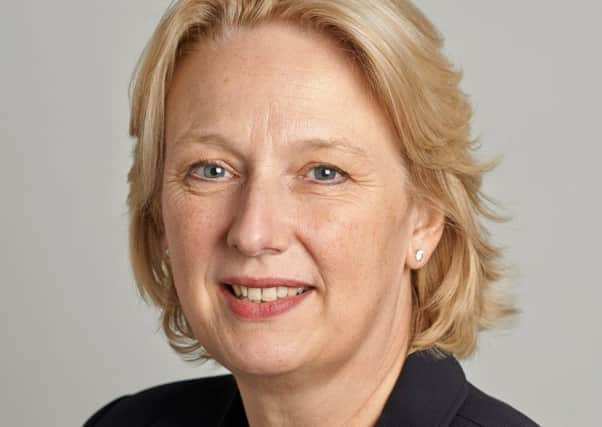Virgin Money lifts market share after hike in lending


The lender, which listed last year and is headed by chief executive Jayne-Anne Gadhia, said yesterday that gross mortgage lending jumped 38 per cent to £5.5 billion for the nine months to the end of September, while net mortgage lending almost doubled to £2.6bn from a year earlier.
It said its share of the gross mortgage lending market for the first eight months of the year rose to 3.5 per cent, from 2.8 per cent in 2014.
Advertisement
Hide AdAdvertisement
Hide AdThe bank, backed by founder Sir Richard Branson and US financier Wilbur Ross, added that its retail deposits lifted by 3 per cent to £23.7bn from the end of June.
Gadhia said: “I am delighted with the strong performance of the business in all areas in the first nine months of 2015. I am particularly pleased with the continuing strength of our mortgage business.
“The demand for our new range of credit cards has exceeded expectations in the quarter as customers have responded to the quality and breadth of our proposition. As a result we remain confident that we can grow our credit card business to our target of £3bn of balances by the end of 2018.”
Virgin Money, which is headquartered in Newcastle, with operations in Edinburgh and Norwich, is one of a number of challenger banks, such as Metro Bank and Aldermore, set up to compete with the UK’s dominant high street lenders.
The bank said it hired George Ashworth from Dutch bank ABN Amro Lease, where he was managing director of the UK branch, to head its small and medium sized enterprises banking unit.
Virgin, which runs around 75 branches across the UK, has previously identified the SME sector as an area of growth for the business.
The group said it “continues to be confident of delivering on its medium-term targets as previously guided.”
Shore Capital analyst Gary Greenwood said the lender has demonstrated “strong lending growth and market share gains in its mortgage and credit card businesses, with the latter tracking ahead of our expectations due to stronger than anticipated demand.”